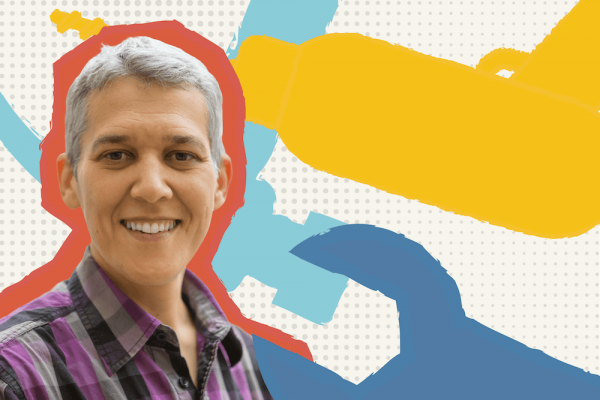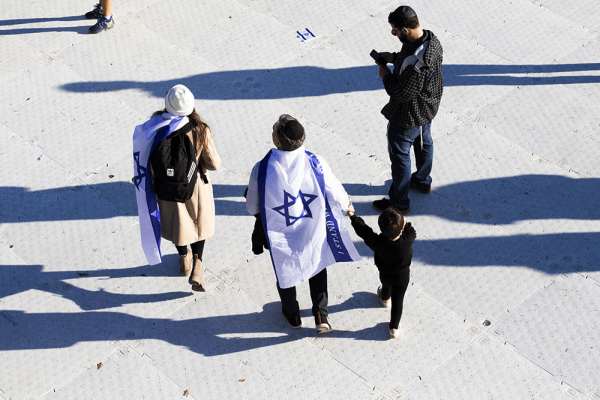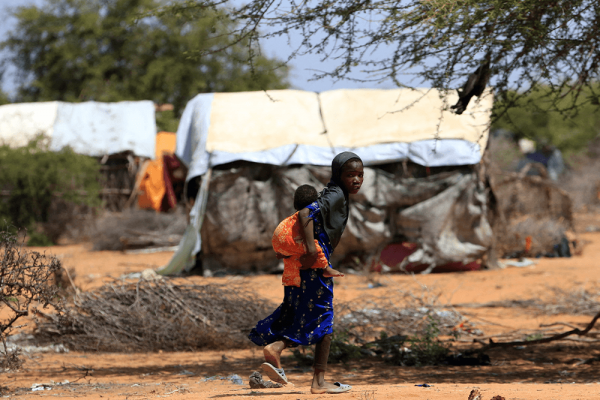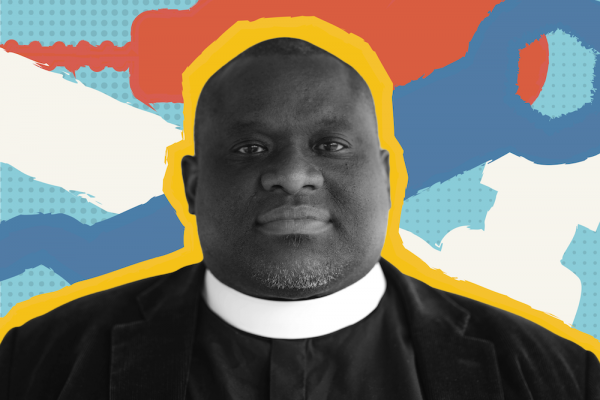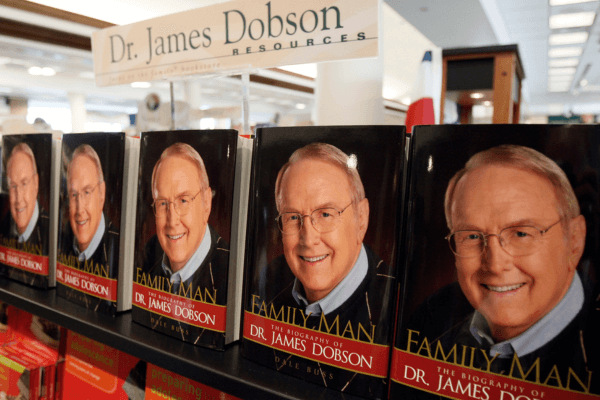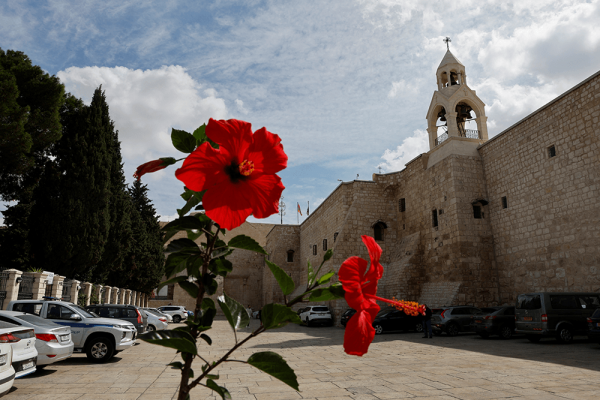“I have friends and family who lost people in the attack by Hamas on Oct. 7. I have colleagues and friends in Gaza who were bombed by the Israeli attack. I go to demonstrations against the genocide in Gaza because I want to be with others that shout and call for the immediate stop of this unforgivable crime. And I cannot chant all the chants in those demonstrations. I chant some of them.”
Each book, whether subtly or overtly, shows readers how to build community in the face of both real and existential danger.
In a televised interview this week with Sean Hannity of Fox News, former President Donald Trump initially refused to answer the question of whether, if elected in 2024, he would be a dictator or use his power to seek retribution for his political opponents. After Hannity pressed further, Trump said he would only be a dictator on “day one” of a new presidency; he did rule out political retribution. This should be shocking, but are any of us surprised? Trump is known for his lying and exaggeration. Nevertheless, we make a grave mistake if we don’t take Trump’s words seriously.
Gary’s goal in the trial was to bring the buried deeds of the Loewen Group into the light, to tell the story they hid behind contracts and laws and cultural biases and systemic injustice. In doing so, he aims to purchase some measure of justice. Is this what Willie Gary learned in Black church?
I’m older now and a good bit more skeptical about Israel’s virtue and Israel’s safety. I am far from convinced that Israel could or would serve as a refuge from violence for the American Jewish diaspora — the home of the majority of Jewish people outside Israel. And I think that viewing regions across the world in which the diaspora has settled to be temporary or lesser than ideal is dangerous to Jewish people and to the Jewish experience.
Christian ministries with child poverty, hunger, and health in their mission are aware that extreme weather exacerbates or causes the crisis they address. Such organizations can’t afford to ignore the worsening climate, said Andrew Leake, a Salta, Argentina-based program design specialist with Compassion International, which uses a sponsorship model to fund anti-poverty and community development work across the world. “We have a program that is designed to release children from poverty through a social process,” Leake said. “That long-term process is now interrupted rather violently by extreme weather and the backdrop of changing climate.”
When I was living on the West Side of Chicago, friends and family would often say that they couldn’t comprehend why I would want to live in such a “dangerous” area. The exchange would usually go something like the following: “I can’t imagine why you’d want to live in Chicago, considering all the gun violence.” “Are you worried about me being shot by the police?” “Well, no. The criminals are the ones who are shooting people.” “The police shoot people too. And there’s a reason the ‘criminals’ are resorting to violence.”
I would then go on to explain the antecedents to Chicago’s gun violence: racial segregation and systemic disinvestment. Beginning in the 1950s and into the ’70s, white Chicagoans fled the South and West Sides because they couldn’t imagine being neighbors with Black people. Because of this, these areas became predominantly Black, and the city has refused to invest resources into these neighborhoods to reverse their poor conditions. The South and West Sides are still suffering from disinvestment today, and this disinvestment is a major contributor to gun violence.
At their strongest, films and TV shows can help us pay attention to — and by extension, love — the people and the world around us.
Through the last decades of the 20th century, evangelical parenting advice from people like James Dobson or Gary and Anne Marie Ezzo emphasized parental authority and children’s obedience. Now that many of the kids who grew up under those rules are parents themselves, they’re determined to raise their own kids differently — even while finding it hard to break inherited patterns.
At a vigil for peace in Washington, D.C., this Tuesday, Palestinian Lutheran pastor Munther Isaac spoke about the approaching Christmas season in his home of Bethlehem in the West Bank.
“How can we celebrate when we feel this war — this genocide — that is taking place could resume at any moment?” he said.
